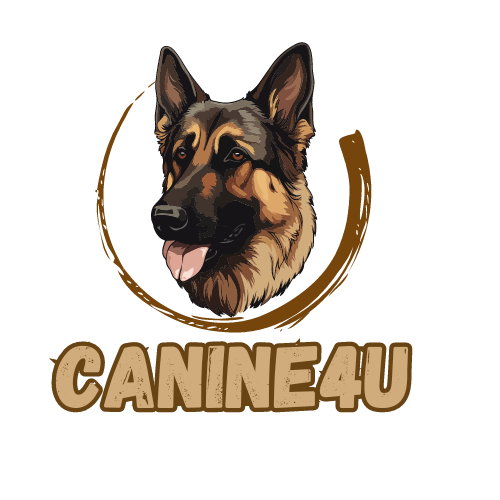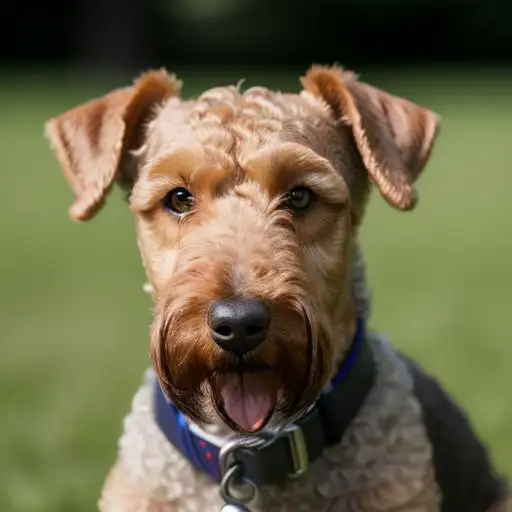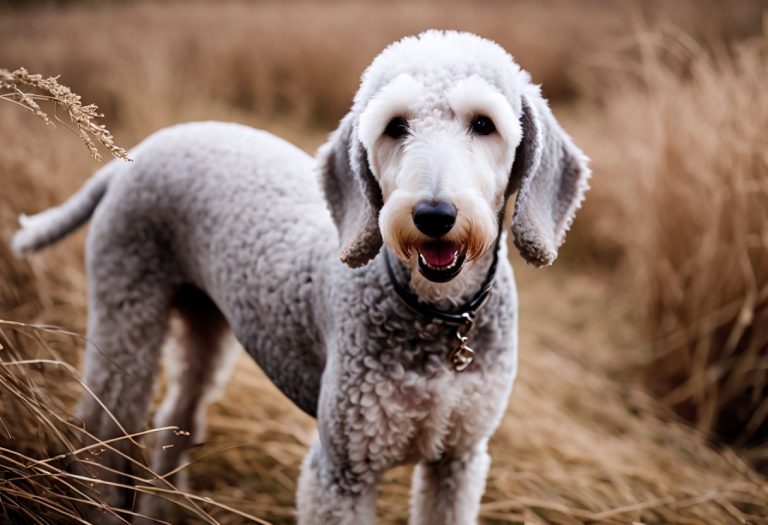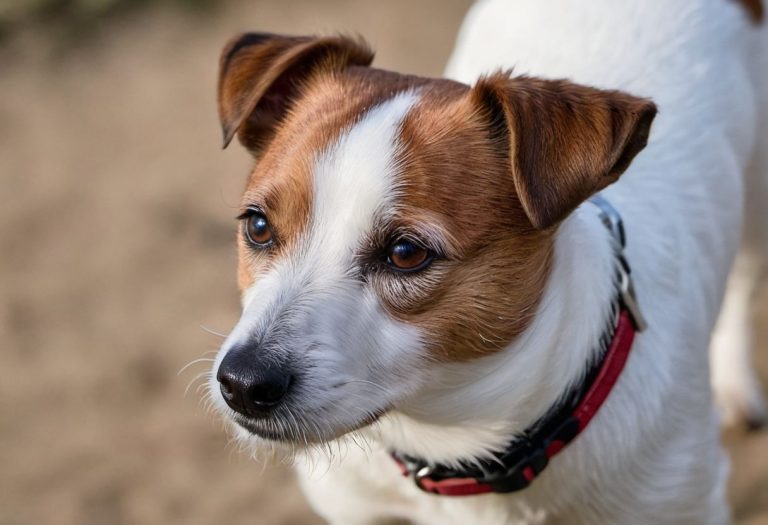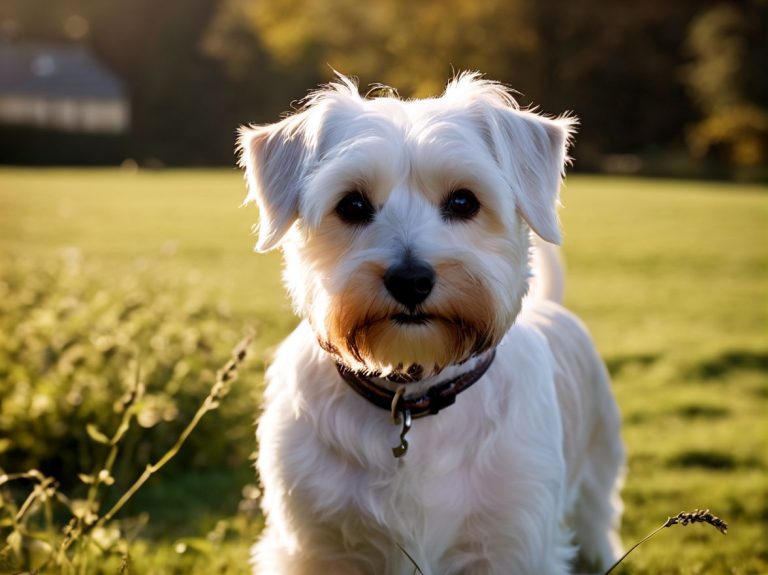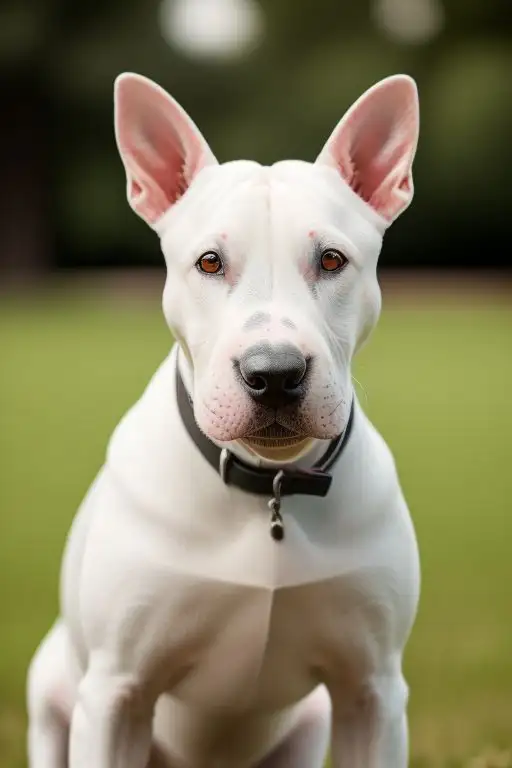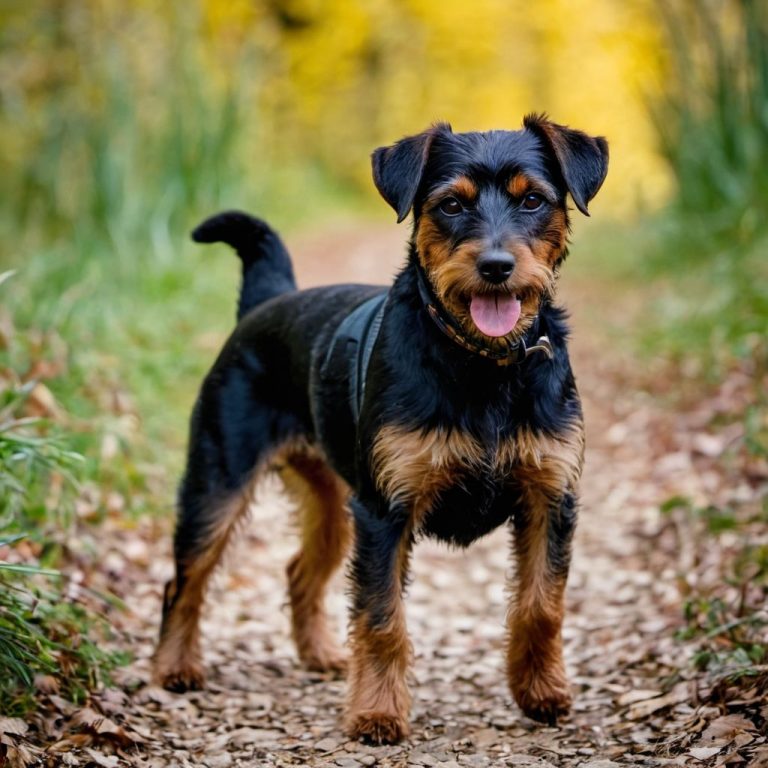BOSTON TERRIER: A Friendly Terrier
Discover the charm of the Boston Terrier, a small and friendly companion with a distinctive tuxedo-like coat. Known as the ‘American Gentleman,’ this intelligent breed combines a polite demeanor with a playful spirit.

The Boston Terrier is a small breed of dog that originated in the United States. It is known for its friendly and intelligent nature, as well as its distinctive appearance.
Learn about their compact size, adaptability to apartment living, and the joy they bring to families. Uncover the history, training ease, and health considerations that make the Boston Terrier a beloved choice for those seeking a loyal and affable canine companion.
History
The Boston Terrier, a charming and distinctive breed, has a comprehensive yet brief history rooted in 19th-century America. Originating in Boston, Massachusetts, around the late 1800s, it was selectively bred from a mix of the English Bulldog and the now-extinct White English Terrier. Initially bred for ratting and fighting, the Boston Terrier’s purpose evolved over time, emphasizing a more companionable temperament.
Nicknamed the “American Gentleman” due to its polite and friendly nature, the breed quickly gained popularity. Its distinctive tuxedo-like coat, compact size, and intelligent disposition contributed to its appeal. Recognized by the American Kennel Club in 1893, the Boston Terrier has since become a beloved companion, known for its adaptability to various living environments and its loyalty to families.
Personality
The Boston Terrier boasts a comprehensive yet brief personality that is both endearing and distinctive. Affectionately known as the “American Gentleman,” this breed is characterized by its friendly, sociable, and intelligent nature. Boston Terriers are known for their polite demeanor and quick wit, making them adaptable and well-suited for family life.
These dogs are affectionate and thrive on human companionship, forming strong bonds with their families. Their playful and lively spirit, coupled with a moderate energy level, makes them great companions for various living situations, including apartments. Boston Terriers are generally good with children and other pets, showcasing their amiable and tolerant nature.
Intelligent and eager to please, Boston Terriers are relatively easy to train. Their amicable temperament, coupled with a love for attention, makes them charming additions to households. While they enjoy playtime and short walks, they are not overly demanding in terms of exercise, contributing to their suitability for a wide range of lifestyles.
In essence, the Boston Terrier’s personality is a delightful combination of friendliness, intelligence, adaptability, and a touch of charm, making them cherished and popular pets among dog enthusiasts.

Physical Characteristics
Height
- Male 17-21 inches
- Female 16-20 inches
Weight
- Male 17-25 pounds
- Female 12-20 pounds
Coat
He has a short, smooth coat with distinctive brindle, seal, or black coloring and white markings.
Color
The colors are:
- Brindle
- Seal
- Black
Eyes
This terrier has large, round, and dark eyes that convey a friendly and expressive expression.
Ears
This breed has small, erect ears that add to its distinctive and alert appearance.
Tail
It has a short, straight tail that is set low and tapers towards the end.
Life Span
The average life span is around 11-15 years.
Temperament
The Boston Terrier exhibits a comprehensive yet brief temperament characterized by friendliness, intelligence, and adaptability. Affectionately known as the “American Gentleman,” this breed is sociable, polite, and forms strong bonds with its family.
Boston Terriers are playful, moderately energetic, and well-suited for various living environments, including apartments. Their amicable nature extends to good compatibility with children and other pets. Intelligent and eager to please, they are relatively easy to train, making them charming and loyal companions.
Grooming
The Boston Terrier requires comprehensive yet straightforward grooming. Their short, smooth coat benefits from regular brushing to minimize shedding and maintain a healthy sheen. Routine cleaning of facial wrinkles is essential to prevent skin issues. Bathing should be done as needed, avoiding excessive frequency to retain natural skin oils.
Regular dental care is recommended to maintain oral health. Nail trimming and ear cleaning should be part of the grooming routine, and occasional checks for eye discharge are advised. Overall, consistent but simple grooming practices contribute to keeping the Boston Terrier clean, comfortable, and in good health.
Training
Boston Terriers respond well to comprehensive yet straightforward training approaches. Their intelligence and eagerness to please make them relatively easy to train. Begin with basic commands like sit, stay, and come, using positive reinforcement such as treats and praise.
Socialization from an early age helps foster good behavior with people and other animals. Consistency and patience are key; short, engaging training sessions work best. Crate training aids in housebreaking, and positive reinforcement reinforces desired behaviors. Early training and ongoing positive interactions contribute to the Boston Terrier’s well-mannered and adaptable temperament.

Exercise
The Boston Terrier’s exercise needs are comprehensive yet manageable. Regular, moderate exercise, such as daily walks and playtime, helps maintain their overall health and prevents boredom. Interactive games and toys can provide mental stimulation.
Despite their moderate energy level, avoid excessive exercise in extreme weather due to their short noses, which can affect breathing. Engaging in activities that cater to their playful nature, combined with short bursts of activity, satisfies their exercise requirements. Regular interaction and stimulation contribute to a happy and well-balanced Boston Terrier, making them suitable for various living environments.
Nutrition
Boston Terriers require comprehensive yet straightforward nutrition to support their health. A balanced diet with high-quality dog food, specifically formulated for small breeds, is essential. Monitor portion sizes to maintain a healthy weight, as this breed can be prone to obesity. Regular feeding schedules and avoiding excessive treats help regulate calorie intake. Ensure access to fresh water at all times. Some Boston Terriers may benefit from diets that address potential sensitivities or allergies. Regular veterinary check-ups can guide nutritional choices, ensuring the Boston Terrier receives the necessary nutrients for a healthy and active life.
Health Concerns
Boston Terriers may face several health concerns, and a comprehensive yet brief overview includes:
Brachycephalic Respiratory Issues
The short skull shape of Boston Terriers can lead to respiratory challenges. This brachycephalic trait can result in issues such as snoring, snorting, and difficulty breathing, especially in hot or humid weather. Avoid strenuous exercise in extreme temperatures, provide adequate shade, and ensure they don’t overexert themselves.
Eye Conditions
Boston Terriers may be prone to various eye problems, including cataracts (clouding of the eye lens), cherry eye (prolapsed gland in the eye’s third eyelid), and corneal ulcers. Regular eye check-ups, proper hygiene, and prompt veterinary attention for any signs of discomfort or abnormality can help manage eye conditions.
Joint Problems
Luxating patellas, where the kneecap dislocates, is a common orthopedic issue in Boston Terriers. Maintaining a healthy weight through proper diet and exercise can reduce the risk of joint problems. Regular veterinary check-ups can detect and address any developing issues.
Allergies
Some Boston Terriers may experience skin allergies, resulting in itching, redness, or inflammation. Identifying and addressing potential allergens in their environment or diet, with the guidance of a veterinarian, can help manage allergies.
Obesity
Boston Terriers have a tendency to gain weight, which can exacerbate other health problems and impact their overall well-being. Provide a balanced diet, control portion sizes, and ensure regular exercise to prevent obesity. Regular weight monitoring and veterinary consultations are crucial.
Bottom Line
Boston Terriers are delightful companions, but potential owners should be mindful of certain health considerations. The breed is prone to respiratory issues due to its brachycephalic nature, eye conditions, joint problems like luxating patellas, allergies, and a predisposition to obesity.
Responsible ownership involves regular veterinary check-ups, a balanced diet, controlled exercise, and vigilant attention to any signs of discomfort or abnormal behavior. By addressing these health concerns proactively, owners can ensure the well-being and longevity of their Boston Terrier.
FAQs (Frequently Asked Questions)
Q: Can Boston Terriers tolerate hot weather?
Due to their brachycephalic nature, they may struggle in extreme heat, so it’s important to keep them cool.
Q: Do Boston Terriers require a lot of attention?
They enjoy human companionship and thrive on attention, making them excellent family pets.
Q: Are Boston Terriers good for first-time dog owners?
Yes, their friendly nature and adaptability make them suitable for first-time owners.
Q: Do Boston Terriers make good apartment pets?
Yes, their moderate size and adaptability make them well-suited for apartment living.
Q: Are Boston Terriers good watchdogs?
They are alert and may bark to alert their owners, but they are generally not aggressive.
Q: Do Boston Terriers shed a lot?
Boston Terriers have a short, smooth coat and shed minimally compared to some other breeds.
Q: How are Boston Terriers with other pets?
They generally get along well with other pets, although early socialization is key.
Q: Are Boston Terriers good with children?
Yes, Boston Terriers are known for their friendly and gentle nature, making them good companions for children.
